Het arrangement Tourism v456 is gemaakt met Wikiwijs van Kennisnet. Wikiwijs is hét onderwijsplatform waar je leermiddelen zoekt, maakt en deelt.
- Auteur
- Laatst gewijzigd
- 28-11-2025 12:14:43
- Licentie
-
Dit lesmateriaal is gepubliceerd onder de Creative Commons Naamsvermelding-GelijkDelen 4.0 Internationale licentie. Dit houdt in dat je onder de voorwaarde van naamsvermelding en publicatie onder dezelfde licentie vrij bent om:
- het werk te delen - te kopiëren, te verspreiden en door te geven via elk medium of bestandsformaat
- het werk te bewerken - te remixen, te veranderen en afgeleide werken te maken
- voor alle doeleinden, inclusief commerciële doeleinden.
Meer informatie over de CC Naamsvermelding-GelijkDelen 4.0 Internationale licentie.
Het thema 'Tourism' is ontwikkeld door auteurs en medewerkers van StudioVO.
Fair Use
In de Stercollecties van StudioVO wordt gebruik gemaakt van beeld- en filmmateriaal dat beschikbaar is op internet. Bij het gebruik zijn we uitgegaan van fair use.
Meer informatie: Fair use
Mocht u vragen/opmerkingen hebben, neem dan contact op via de
helpdesk VO-content.
Aanvullende informatie over dit lesmateriaal
Van dit lesmateriaal is de volgende aanvullende informatie beschikbaar:
- Toelichting
- Dit thema valt onder de arrangeerbare leerlijn van de Stercollectie voor Engels voor vwo, leerjaar 4, 5 en 6. Dit is thema: 'Tourism'. Dit thema omvat de volgende volgende onderwerpen: - Fact and figures - Pack your bags! - Ecotourism - A working holiday De grammaticaopdrachten gaan over past simple en werkwoorden.
- Leerniveau
- VWO 6; VWO 4; VWO 5;
- Leerinhoud en doelen
- Engels;
- Eindgebruiker
- leerling/student
- Moeilijkheidsgraad
- gemiddeld
- Studiebelasting
- 20 uur 0 minuten
- Trefwoorden
- a working holiday, arrangeerbaar, ecotourism, engels, fact and figures, pack your bags!, past simple en werkwoorden, stercollectie, tourism, v456
Gebruikte Wikiwijs Arrangementen
VO-content Engels. (2021).
A working holiday v456
VO-content Engels. (2021).
Facts and figures v456
VO-content Engels. (2021).
Mindful tourism v456

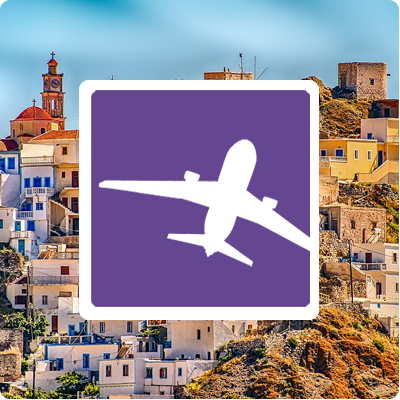 In this theme you will focus on tourism and holidays.
In this theme you will focus on tourism and holidays.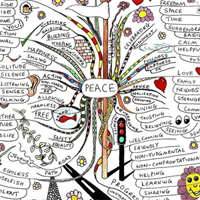
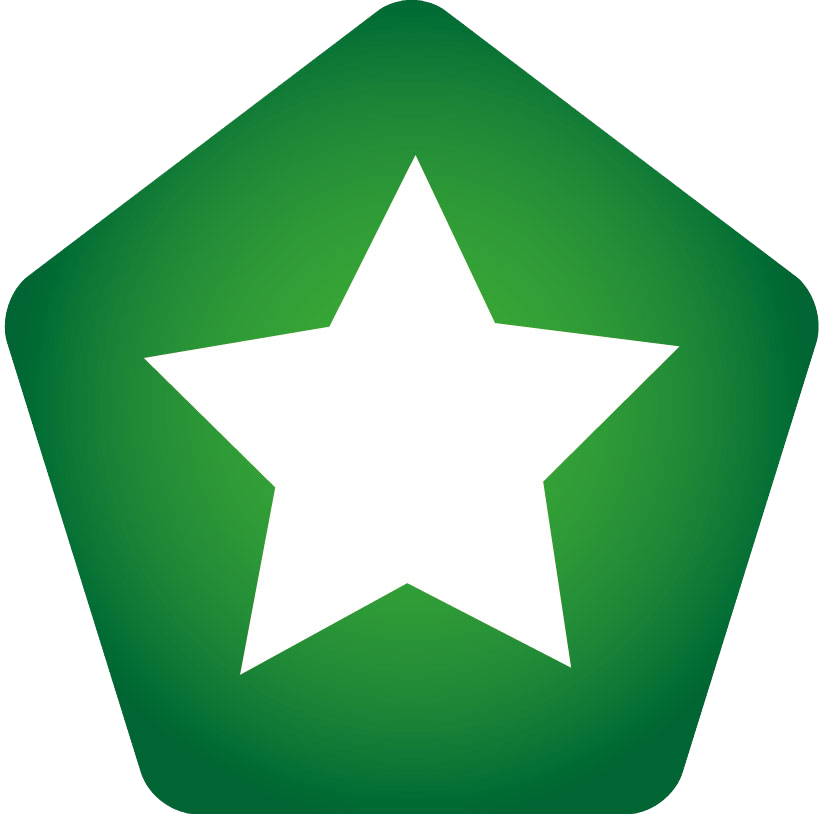
 What do you need to know?
What do you need to know?

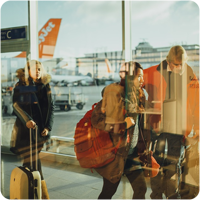 The subject of this lesson is 'Facts and figures'.
The subject of this lesson is 'Facts and figures'.


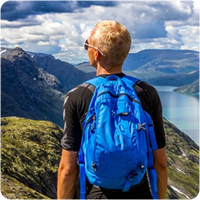 Read the questions below. First read the questions and think about the answers. Then discuss the questions with a classmate.
Read the questions below. First read the questions and think about the answers. Then discuss the questions with a classmate.
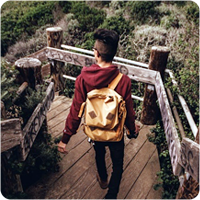

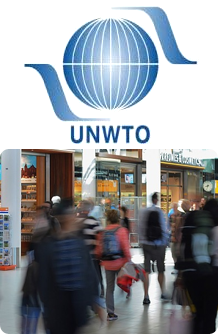 The top headlines of 2014 painted a challenging landscape. From sluggish economic growth and geopolitical conflicts to the Ebola virus outbreak in West Africa – to all appearances, such circumstances were hardly favourable for tourism.
The top headlines of 2014 painted a challenging landscape. From sluggish economic growth and geopolitical conflicts to the Ebola virus outbreak in West Africa – to all appearances, such circumstances were hardly favourable for tourism.
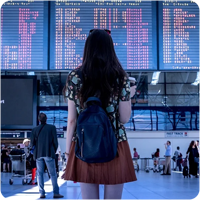 Some of the Major Current Issues Confronting Tourism
Some of the Major Current Issues Confronting Tourism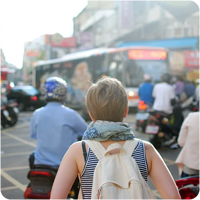 If you want to be able to do the assignments correctly you will need to know more about some grammar items.
If you want to be able to do the assignments correctly you will need to know more about some grammar items.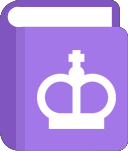


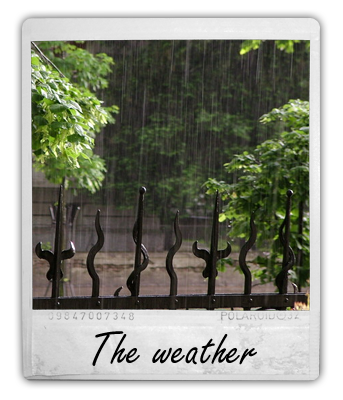
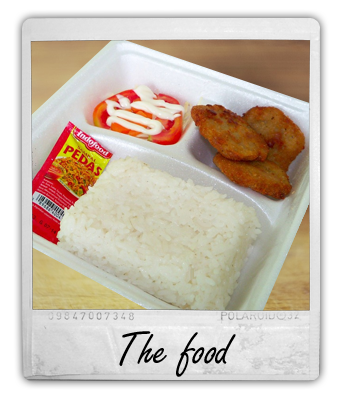
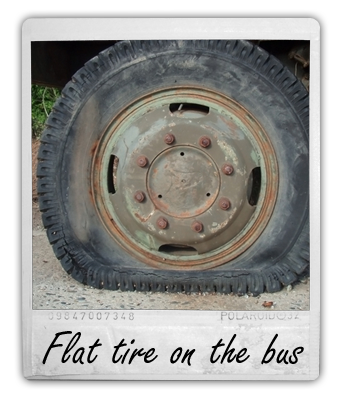
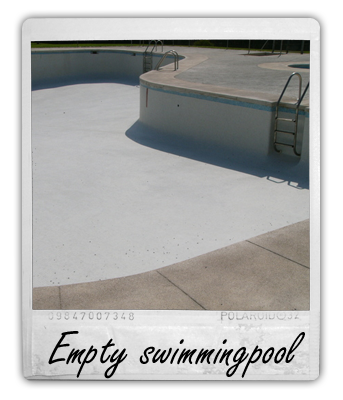
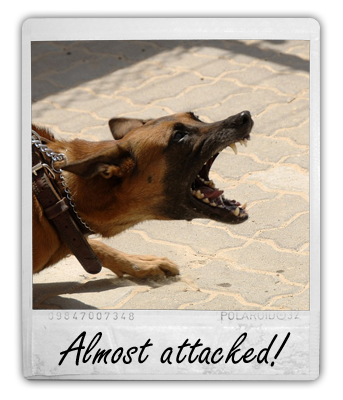
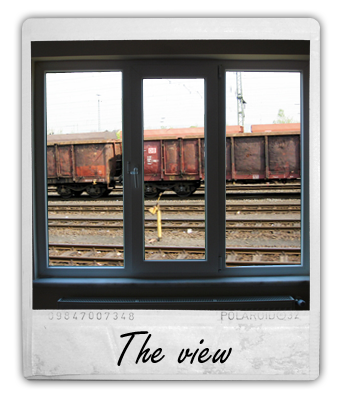
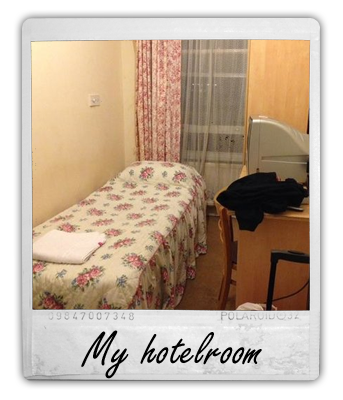

 The subject of this lesson is 'Pack your bags'.
The subject of this lesson is 'Pack your bags'.
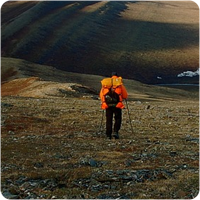
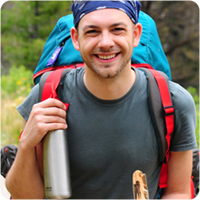 Read these questions and take notes.
Read these questions and take notes.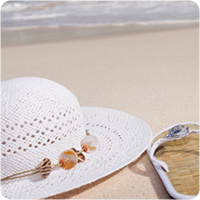 'Summer Holiday'
'Summer Holiday' In the previous steps you have learned about two types of travellers:
In the previous steps you have learned about two types of travellers: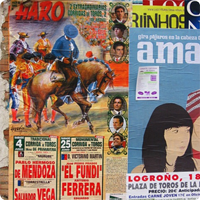
 The subject of this lesson is 'Ecotourism'.
The subject of this lesson is 'Ecotourism'.
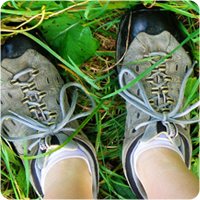 There is a trend in travel that has picked up a lot of steam over the last few years. That trend is called Eco-Tourism. As the environment has become more important to people over the last decade – and especially so in the last couple of years – companies around the world are trying to cash in on people’s willingness to spend lots of money in the name of environmental protection. Much of it is greenwashing though, or insincere and over-hyped attempts to be viewed as “green.” The travel industry has not been immune to this trend and many companies now tout their environmental credentials in an effort to lure customers and create a positive image.
There is a trend in travel that has picked up a lot of steam over the last few years. That trend is called Eco-Tourism. As the environment has become more important to people over the last decade – and especially so in the last couple of years – companies around the world are trying to cash in on people’s willingness to spend lots of money in the name of environmental protection. Much of it is greenwashing though, or insincere and over-hyped attempts to be viewed as “green.” The travel industry has not been immune to this trend and many companies now tout their environmental credentials in an effort to lure customers and create a positive image.
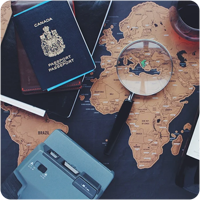 Phrasal verbs
Phrasal verbs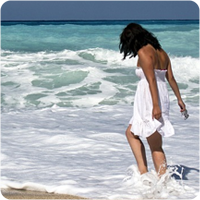 Let's look at the Simple Past and Present perfect- time expressions.
Let's look at the Simple Past and Present perfect- time expressions.
 In step 1 you have read an article about ecotourism: responsible travel that conserves the environment and improves the well-being of local people. So it minimizes the impact brought about by tourism on the environment.
In step 1 you have read an article about ecotourism: responsible travel that conserves the environment and improves the well-being of local people. So it minimizes the impact brought about by tourism on the environment.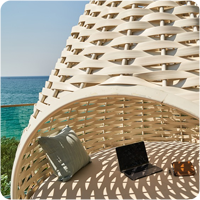 We’ve looked at several aspects of the tourist industry and lots of issues.
We’ve looked at several aspects of the tourist industry and lots of issues.
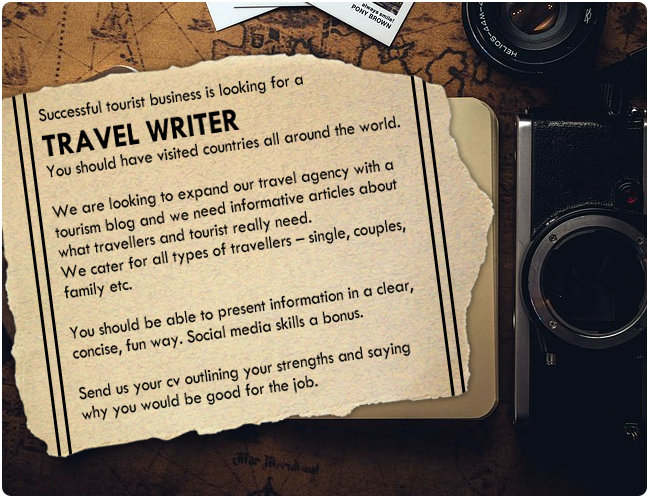
 Jose
Jose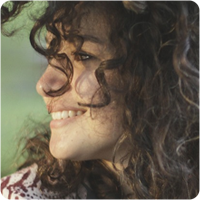 Stephanie
Stephanie Marieke
Marieke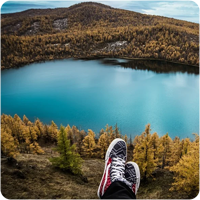 The world at your feet: The life of a travel writer
The world at your feet: The life of a travel writer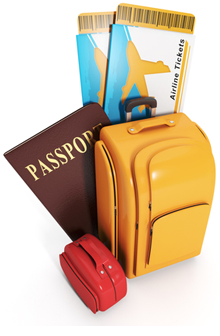 At the end of the text, Esrock writes:
At the end of the text, Esrock writes: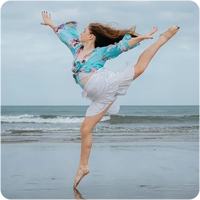 'Holiday'
'Holiday' You have decided to apply for the job advertised below.
You have decided to apply for the job advertised below.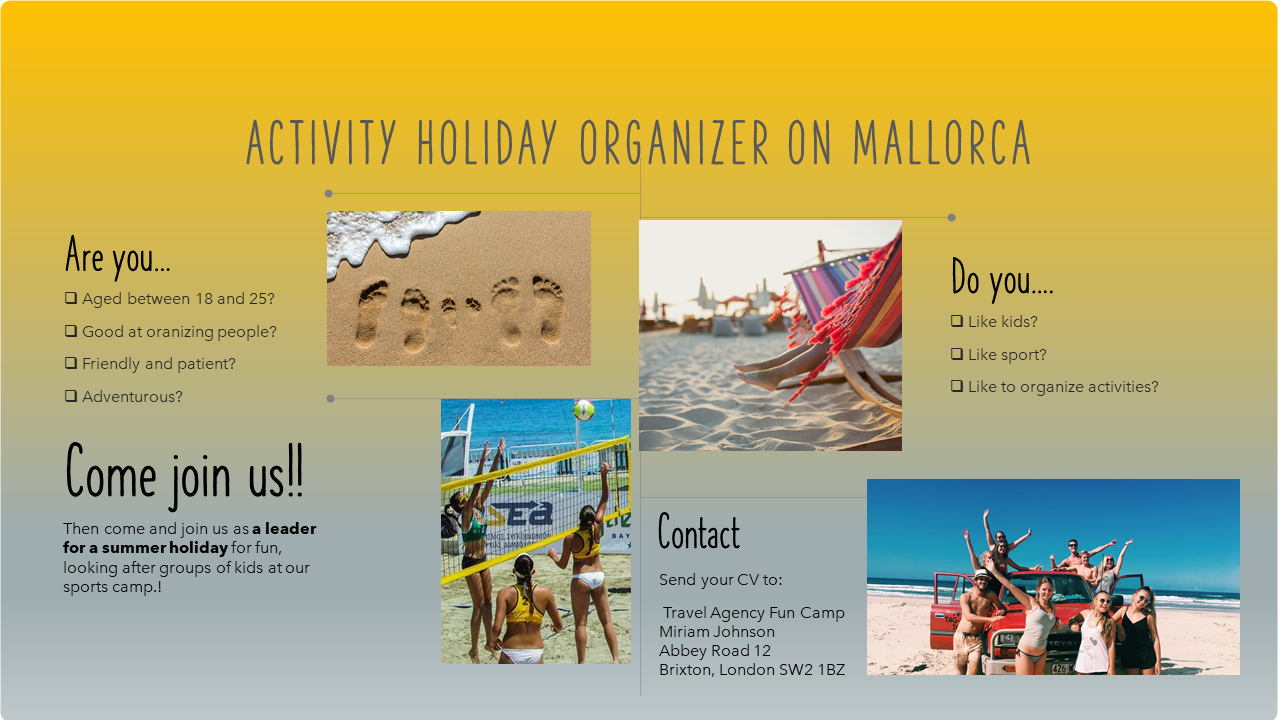
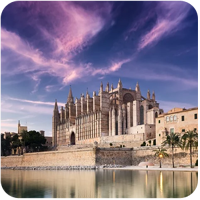 Writing your CV (Curriculum Vitae)
Writing your CV (Curriculum Vitae)

 Listening
Listening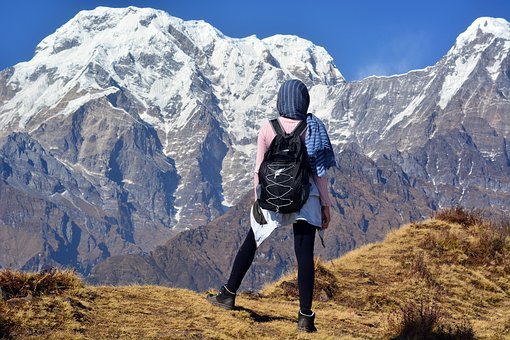
 France versus England - Summer job
France versus England - Summer job At the end of each lesson you answered evaluation questions.
At the end of each lesson you answered evaluation questions.